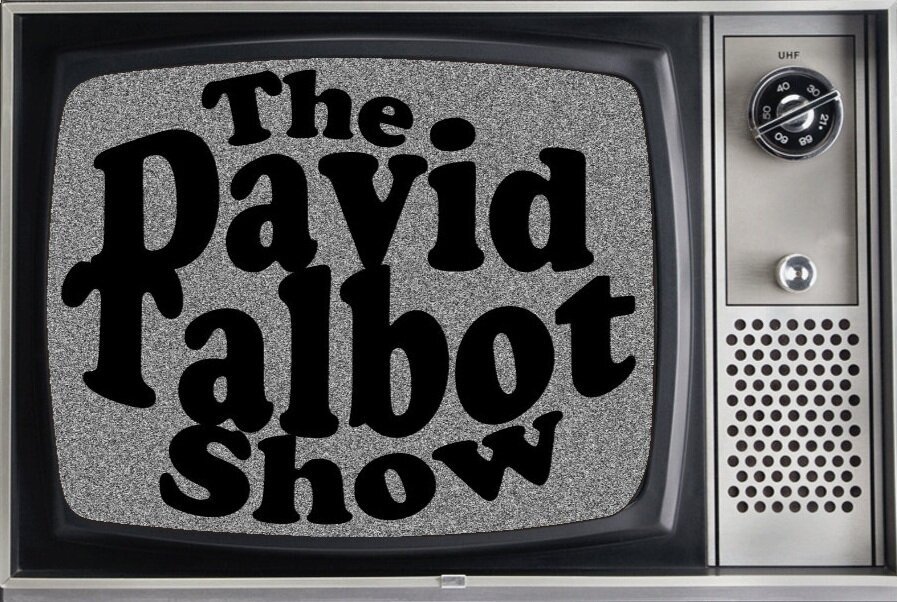How to Inject Some Life Into the Oscars
Yes, god help me, I’ll be watching the Oscars show on Sunday evening. I’ve watched every year since I was a kid — it was a family ritual in my Hollywood home. And, like millions of other movie fans, I’ve become increasingly disenchanted with the annual spectacle as the years have gone by. (Academy Awards viewership has plummeted in recent years.) There were no screen masterpieces released in 2020 to propel an audience spike — no Godfather or Do the Right Thing or Lawrence of Arabia or On the Waterfront. I saw most of this year’s nominated films — and other than the execrable The Trial of the Chicago Seven (memo to Aaron Sorkin: there were EIGHT defendants — you left out the Black guy in your title) and the dull-as-dishwater Mank, the other films were all uniformly fine. They all had the same somber and sensitive tone, which I suppose was appropriate for movies made during the last gasp of Trump and released during a plague year.
So if the movies themselves can’t juice up the Oscars ceremony on Sunday, the show’s producers will have to rely on reimagining the festivities. Supposedly that’s what they’re going to do — but I doubt they actually will. What do I think would make the Academy Awards compelling again? I’m glad you asked (because the producers didn’t).
Here’s my short list of new rules that would breathe some life into what has sadly become a flat and formulaic event. The first one is for Oscar victors, the rest are for the Academy and the show’s producers:
Make victory speeches snappier! If you’re not planning on a wardrobe malfunction or a drunken rant, then please deliver a short, lively speech if you’re lucky enough to win a gold statuette. No one wants to hear your laundry list of agents, producers, therapists, dog groomers etc. Thank four and no more. I used to think political statements livened up the proceedings, but now they sound like they’ve been scripted by talent managers. (Mark Ruffalo’s recent long-winded sermons were the last straw for me.) Say something witty about the movie you worked on (politics is allowed if the film was actually political — but keep it succinct). If you need guidance, watch video of Brits accepting awards — like the short, smart speeches by Daniel Day-Lewis (NOT the sloppy ones by Olivia Coleman).
Don’t show the trailers from nominated movies — show actual scenes from the films, as was done in the old pre-marketing days.
Show more cinema magic, like filmed tributes to legendary stars and directors and composers.
Cast your hosts. You’re Hollywood — you should know how to pick your leading players for the evening. They should be amusing and sophisticated. (I realize you don’t have a lot to pick from these days, but try).
Throw your net wider for nominations. I know, I know — you’re all about diversity these days. But why did even the “Black movies” have the same conventional feeling as the rest of the Oscar pack? Yes, Judas and the Black Messiah dug deeper into America’s dark 1960s history than The Trial of the Chicago Seven. But Daniel Kaluuya was a weak choice for the charismatic Fred Hampton. (I mean I love my Brits, but we can’t cast them in every American role.)
A final (personal) squawk — Composer Emil Mosseri should have been nominated last year for his glorious score for The Last Black Man in San Francisco. His nomination for this year’s Minari felt like a belated consolation prize, which the Academy does too often. In fact, this is the kind of “little” film that too often get overlooked by the Oscars. (And yes, The Last Black Man was directed by my son Joe Talbot— but I’m still being objective.)

